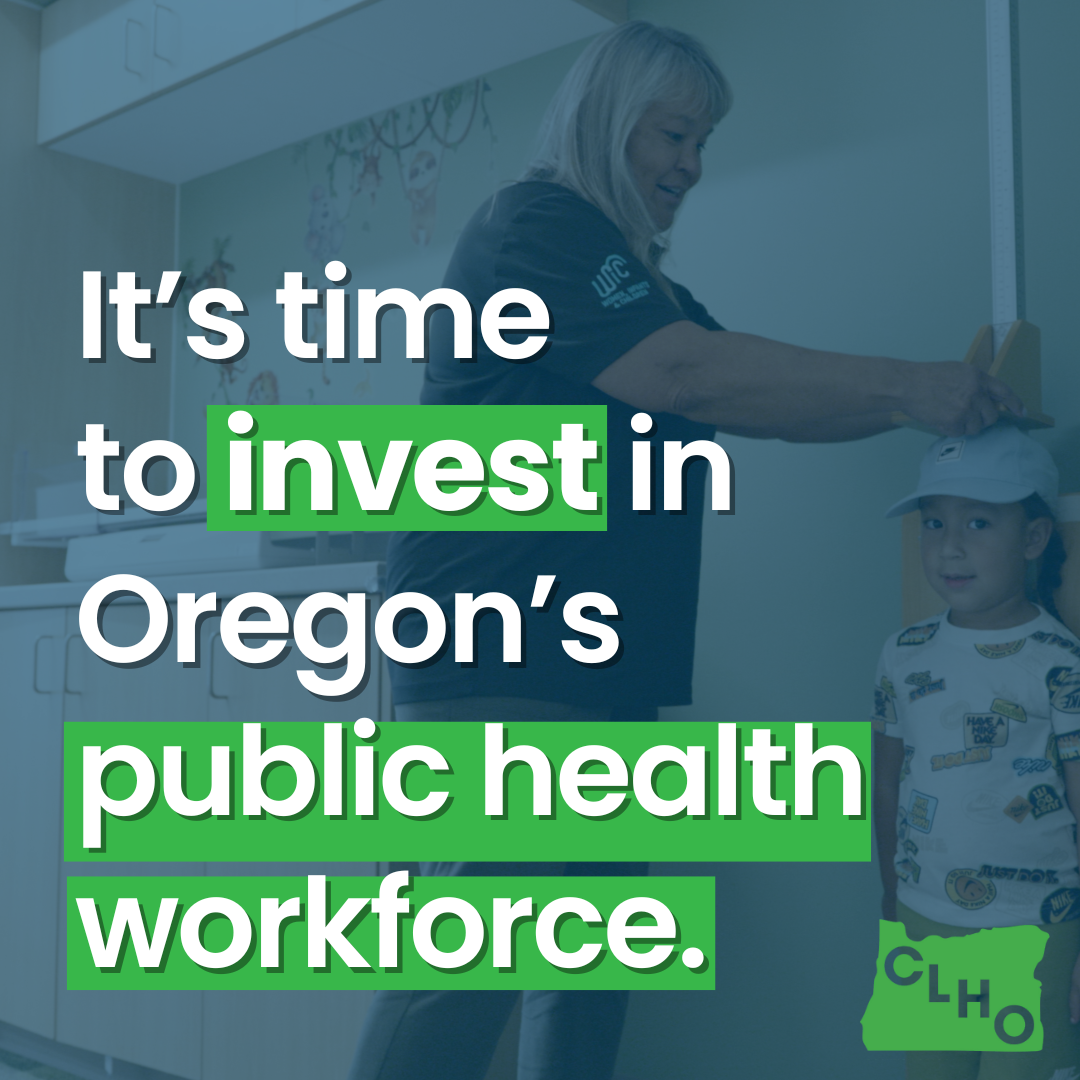The Lund Report is offering this coverage for free to better inform the public at this difficult time. But we need your support to help us stretch our resources. Please sign up for a tax-deductible premium subscription or consider making a donation. That is also tax deductible because we're a 501(c)(3) organization.
The health care system has changed rapidly to respond to the coronavirus.
Government rules were relaxed to improve access to telehealth so patients can get care with a phone call or virtual visit instead of a clinic. Different entities, like insurers, providers, public health officials and others talked together as a group more about how to respond. Hospitals are working together to expand bed capacity.
Some changes are likely to stick and permanently change the health care industry, experts said Wednesday in a virtual panel discussion sponsored by the Oregon Health Forum, an affiliate of The Lund Report. Oregonians likely will continue to see expanded telehealth options for medical care after the pandemic ends. And health care companies could collaborate more, as they’ve learned to do since the pandemic hit Oregon.
Four health care experts took part in the forum, which was streamed for an hour and a half Wednesday afternoon. The forum had been planned to take place at Multnomah Athletic Club in Southwest Portland but the venue was changed to protect participants. About 300 people signed up for the event.
Experts on the panel had a harder time predicting when the pandemic will end.
“I don’t think it’s easy to predict when we will no longer be in a pandemic,” said Dr. James Polo, executive medical director of Regence Blue Cross Blue Shield of Oregon. “COVID-19 is here. It’s here to stay.”
No one knows yet whether the virus will weaken in warmer weather. The virus hasn’t faced summer yet.
Polo said that Oregon’s hospitals are not likely to be hit as hard as countries like Italy, with an overload of patients and too few beds, if the current projections from the University of Washington Institute of Health Metrics and Modeling hold.
“We will not be overrun in a manner you might be reading about in the media,” he said, cautioning that projections can change.
But the pandemic is just beginning and public health officials are not making any guarantees.
“I’m not resting on my laurels based on modeling,” said Dr. Jennifer Vines, lead health officer for the tri-county region in the Portland area.
April Diaz, a registered nurse and vice president of clinical services for Marquis Companies, a long-term care provider, said the health care industry is still facing challenges, including a five-to-seven day lag in getting test results and the need for more personal protective masks and other equipment.
“Adaptability is something we’re all learning very quickly,” Diaz said.
Dahlia Mak, managing director of Health Care Consulting, Moss Adams, said the situation is still fluid, but that the curve -- or surge of patients -- will flatten.
“We need to pace ourselves because there will be unexpected twists and turns,” Mak said.
In response to a question about the government providing more information on cases, Vines said that officials are currently only displaying data on coronavirus cases by county but they are discussing breaking them down by ZIP code. She said that’s a “work in progress,” adding that ZIP codes could be misleading if the person acquired the virus somewhere else.
Polo said patients will have better access to telehealth in the long-term after the virus runs its course. But officials likely will reverse the temporary rule allowing software and systems that aren’t compliant with federal privacy regulations for patients, he said.
The pandemic could spark policy discussion in areas outside health care, like housing and poverty. Vines said the pandemic has put a spotlight on issues like homelessness and hunger.
“When this is over, I really hope we take a broad look at social conditions in our country,” Vines said.
You can reach Ben Botkin at [email protected] or via Twitter @BenBotkin1.
